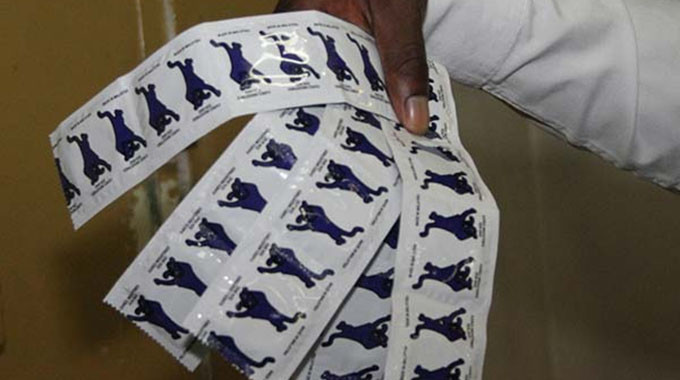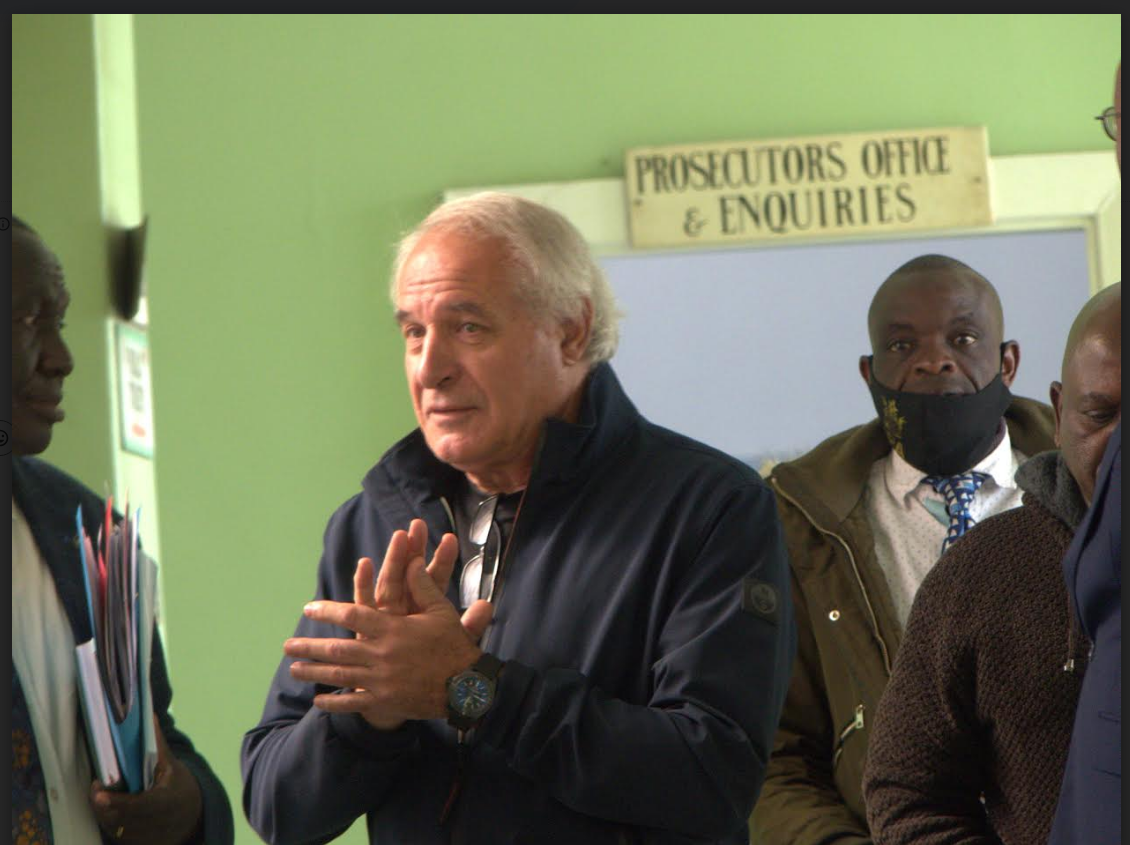
Public Health practitioners are worried that gains made in the fight against the prevention of HIV might be reversed if new funding for condoms is not found quickly.
This was revealed by the national HIV prevention coordinator with the Health and Child Care ministry Getrude Ncube at the second quarter HIV Prevention Partnership Forum organised by SafAids in Harare.
Ncube said international funding for condoms in Zimbabwe was coming to an end next year.
“There is actually donor fatigue for the condom funding, so as a country we are saying should we risk all the gains made through our condom programming because there is no funding,” she said.
“We need to look at how best we mobilise even our domestic funding to support condom procurement.”
Ncube said the condom programming still remains a key pillar in the fight against HIV. She says the country has been heavily relying on condom support from partners such as PEPFAR through USAid for both the Zimbabwe National Family Planning Council and the public sector.
“PEPFAR has already told us that from 2026 they will not be any condoms funding,” she said.
HIV and STI programme deputy director Tsitsi Apollo said condom programming was one of the early HIV prevention interventions that the country adopted.
- Concerns over condoms cash drying up next year
Keep Reading
“Certainly we need to be committed to ensure that we sustain the availability and access of this commodity,” Apollo said.
“It will be very sad if we regress on some of the gains we have made as a country.
“Even as the country progresses and aspires to become an upper middle income economy it is very important to rethink on how we are going to fund condom programming and ARVs for treatment.
“We need to look at our interventions to make sure that all the progress we have made as a country is not eroded overnight.”
Apollo said the Global Fund current grant ends in 2026.
“Do we know what is going to happen from 2027 and beyond after the funding expires considering what is happening globally and the funding that is being given to countries,” she asked.
“If Zimbabwe get to that upper middle income bracket we are less likely to receive external funding because Global Fund uses a certain allocation formula to fund countries based on their economies.”
Apollo said the country has to look for alternative funding sources to programs.
She said the government was currently looking at health insurance and there is also need to explore public private partnerships.
National Aids Council director programmes Raymond Yekeye said the whole HIV response programme was facing challenges.
“It’s the whole HIV response programme that is at a critical stage on how it is going to be sustained and how it is going to be funded, there is need to develop a sustainability roadmap for the HIV response,” Yekeye said.











